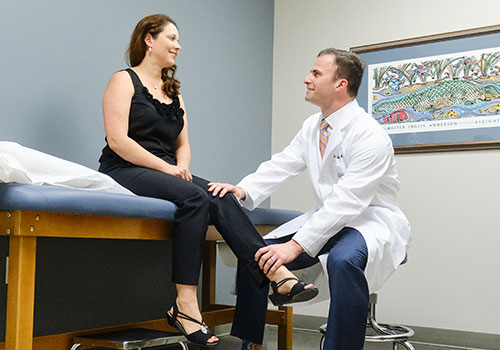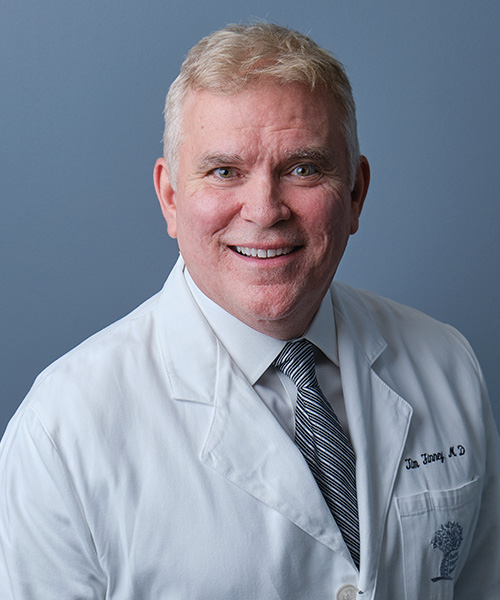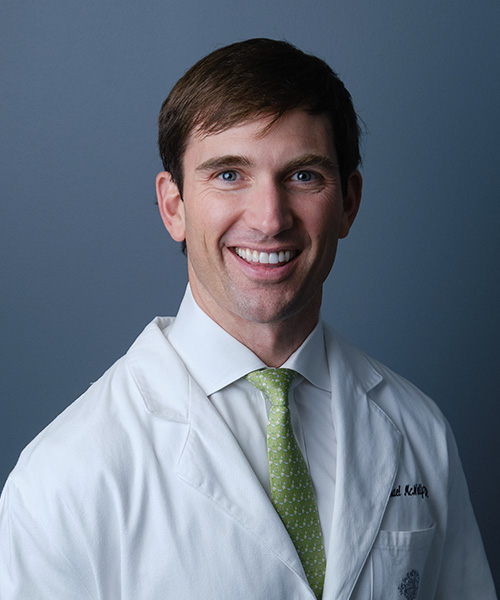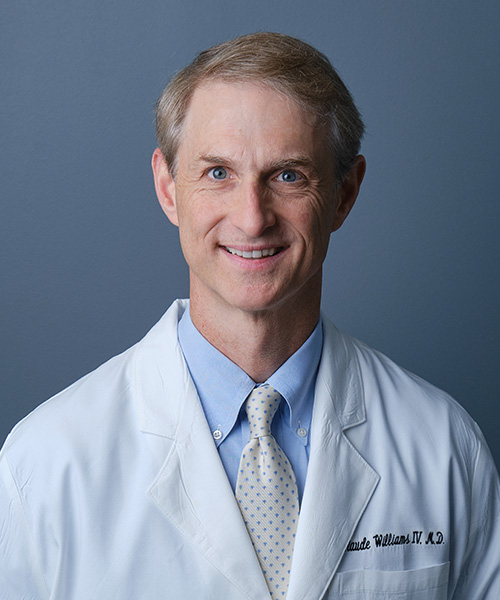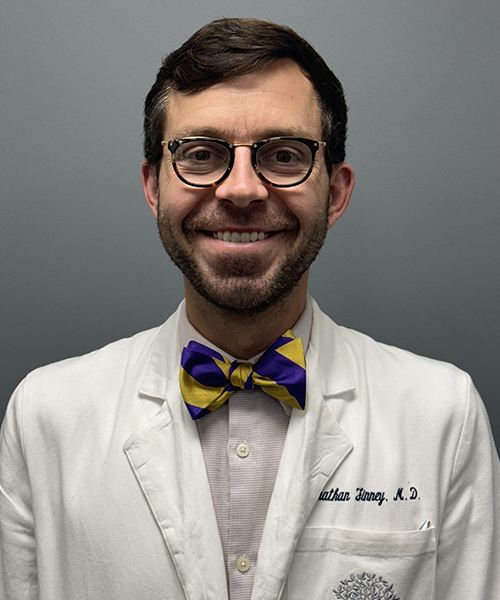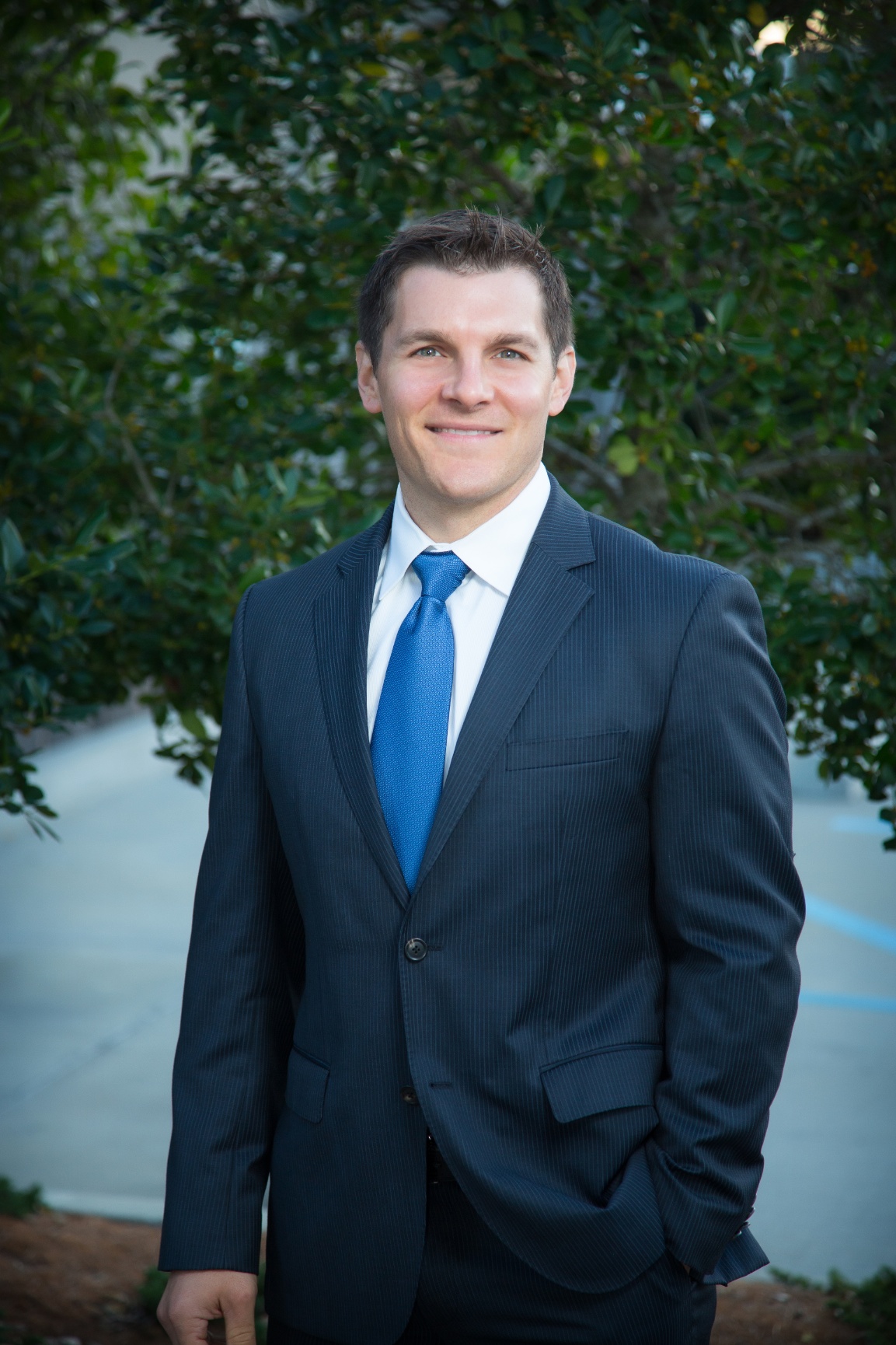Biologic Treatments
Biologic treatments, often referred to as “regenerative medicine,” are newer treatment options in the field of orthopedics. Biologic treatments can be great for patients who have arthritis or ligament/tendon tears to delay or potentially even avoid the need for surgery.
Dr. Michael McNulty has over 10 years of experience with biologic treatments. During his fellowship training with Dr. James Andrews at the American Sports Medicine Institute, he worked with biologic treatments as well as developing skills in other sports medicine techniques. Dr. Claude Williams, Dr. Jonathan Finney and Dr. Timothy Finney also have experience with biologic treatments.
What are biologic treatments?
Biologic treatments involve the use of the body’s own cells to help promote healing of an injury or arthritis. At Southern Orthopedic Specialists, we use two main types of biologic treatments. There are two treatments that have FDA approval in the United States:
- Platelet-Rich Plasma (PRP) - The platelets in our blood are rich with growth and healing factors. By taking a small amount of the patient’s own blood, we can separate out and concentrate the platelets, then inject them into the affected area to promote healing.
- Mesenchymal Stem Cell Therapy - This treatment uses the patient’s own stem cells, typically taken from the bone marrow and separated out. Like PRP, stem cells can be injected into the affected area to promote healing.
The benefit of biologic treatments over cortisone/corticosteroid or gel (or viscosupplementation) injections is the potential to heal damage to tendons or ligaments. Although there have been no studies that have shown new cartilage formation in joints after these injections, significant and lasting decreases in pain and improved function have been seen. Like cortisone or gel injections, they provide pain relief, but can also help patients avoid or delay the need for surgery.
What conditions can be treated with biologics?
The two most common types of conditions that Dr. McNulty treats with biologics are arthritis and tendon or ligament tears.
In particular, many patients with knee arthritis who are not ready for knee replacement surgery have seen great results with biologic treatments. Many patients who have partial tendon or ligament tears in the shoulder, elbow, or knee have also seen great results with tendon healing.
What does the treatment process involve with biologics?
The biologic treatment process begins with a consultation to determine whether or not a patient might benefit from these procedures, and if so, what the best option might be. All of our biologic treatments are done in our offices. The treatment process varies slightly depending on the procedure:
Platelet-Rich Plasma (PRP) Treatment
During a PRP procedure, we draw blood from the patient and place it in a centrifuge to create a concentrate of the patient’s platelets and plasma. This mixture is then injected into the arthritic joint or the torn tendon. If we are using PRP to treat a tendon or ligament tear, Dr. McNulty typically uses ultrasound guidance to inject the PRP into the correct location. The procedure takes approximately 30-45 minutes from start to finish.
Mesenchymal Stem Cell Treatment
During a stem cell treatment, our team harvests bone marrow from the patient’s pelvic bone. The area is numbed prior to aspiration so that it is minimally painful for the patient. This process is lengthier than drawing blood, so stem cell treatments tend to take longer from start to finish than PRP. The bone marrow is placed into a machine to separate out the stem cells, which can then be injected into the joint or torn tendon. Ultrasound guidance may be used to pinpoint the best location for the injection.
Is there any recovery or downtime with biologic treatments?
The benefit of biologic treatments is that there is minimal downtime. There is also a very low risk of complications because we are using the patient’s own cells. Most patients are able to drive themselves home after biologic treatment. If the treatment was done in the knee, the patient may be advised to use crutches for a few days.
How long do results last, and can treatments be repeated?
Dr. McNulty advises patients on biologic treatments based on the latest available research. Though research is limited on the effectiveness of biologic therapies long term, approximately 80-90% of patients who are good candidates see significant improvement after treatment. With ligament or tendon injuries, the improvement can be permanent. With arthritic conditions, the improvement can range from months to years. Unlike cortisone injections, there is no limit to the number of biologic treatments you can receive.
Biologic Treatments in New Orleans, LA
Dr. Michael McNulty, Dr. Claude Williams and Dr. Timothy Finney offer biologic treatments at Southern Orthopedic Specialists. Biologic treatments can be a great option for patients with arthritis or tendon injuries to delay or avoid the need for surgery. If you are interested in exploring biologic treatment options, please schedule a consultation by giving us a call at (504) 897-6351 or request an appointment via our online form.

